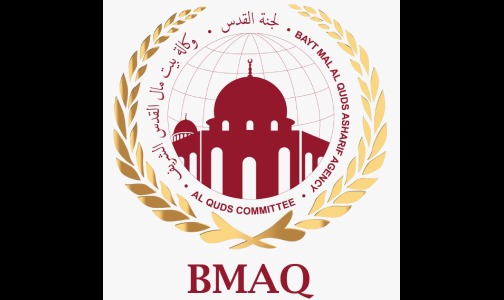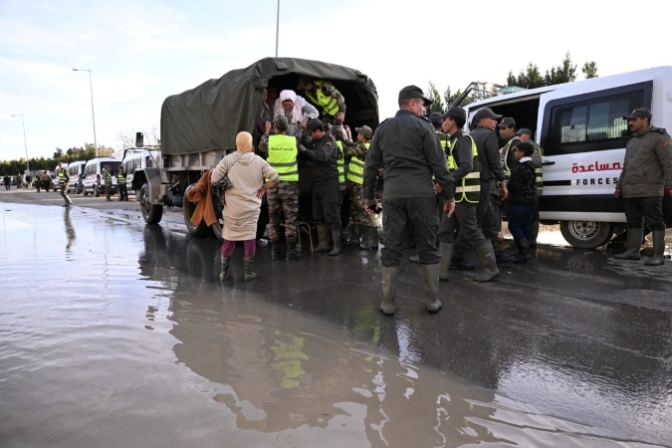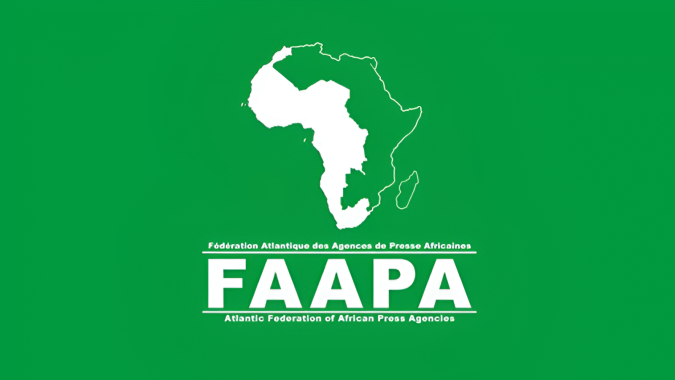
The Bayt Mal Al-Quds Asharif Agency presented on Saturday in Ramallah the findings of two studies on the state of mental health and the digital transition in the city of Al-Quds, with the participation of Palestinian experts and specialists.
The studies were unveiled during a workshop attended by Mohamed Salem Cherkaoui, Managing Director of the Agency.
The meeting reviewed the research methodology and the characteristics of the representative samples before presenting the results, which provide a forward-looking analysis of psychological and digital services in the Holy City, while highlighting the entrepreneurial environment in light of the local situation and the brain drain.
On this occasion, Cherkaoui stressed that the two studies constitute a valuable basis for further research that could help the Agency better grasp the social and economic challenges in Al-Quds and design programs and projects yielding tangible results.
The care for people suffering from mental disorders should be a top priority in the Agency’s work, he noted, adding that the Agency has adopted a digital strategy for 2024–2027 aimed at fostering innovation, entrepreneurship, and economic empowerment through local and sustainable solutions.
The workshop featured two sessions. The first focused on the study entitled "The Reality of Mental Health Services in Al-Quds and the Feasibility of Their Digitalization," which highlighted the fragility of mental health infrastructures, the shortage of personnel, and the unequal distribution of resources, particularly in the city’s vulnerable neighborhoods.
The study further noted that the digital transition could serve as a means to expand access to remote psychological support and enhance its effectiveness.
The second session presented the results of the second study on the reality of digitalization in Al-Quds, which examined the obstacles to digital transition in the city, notably restrictions, censorship, and insufficient infrastructure.
The study showcased successful local digital projects and proposed innovative and applicable solutions to improve digital access and strengthen social participation.
The workshop concluded with a debate that led to several recommendations, notably the need to boost investment in digital infrastructure in Al-Quds, the importance of developing secure online platforms for psychological support, integrating digitalization into national health policies, and expanding incubation mechanisms for entrepreneurial projects.
MAP: 28 July 2025







